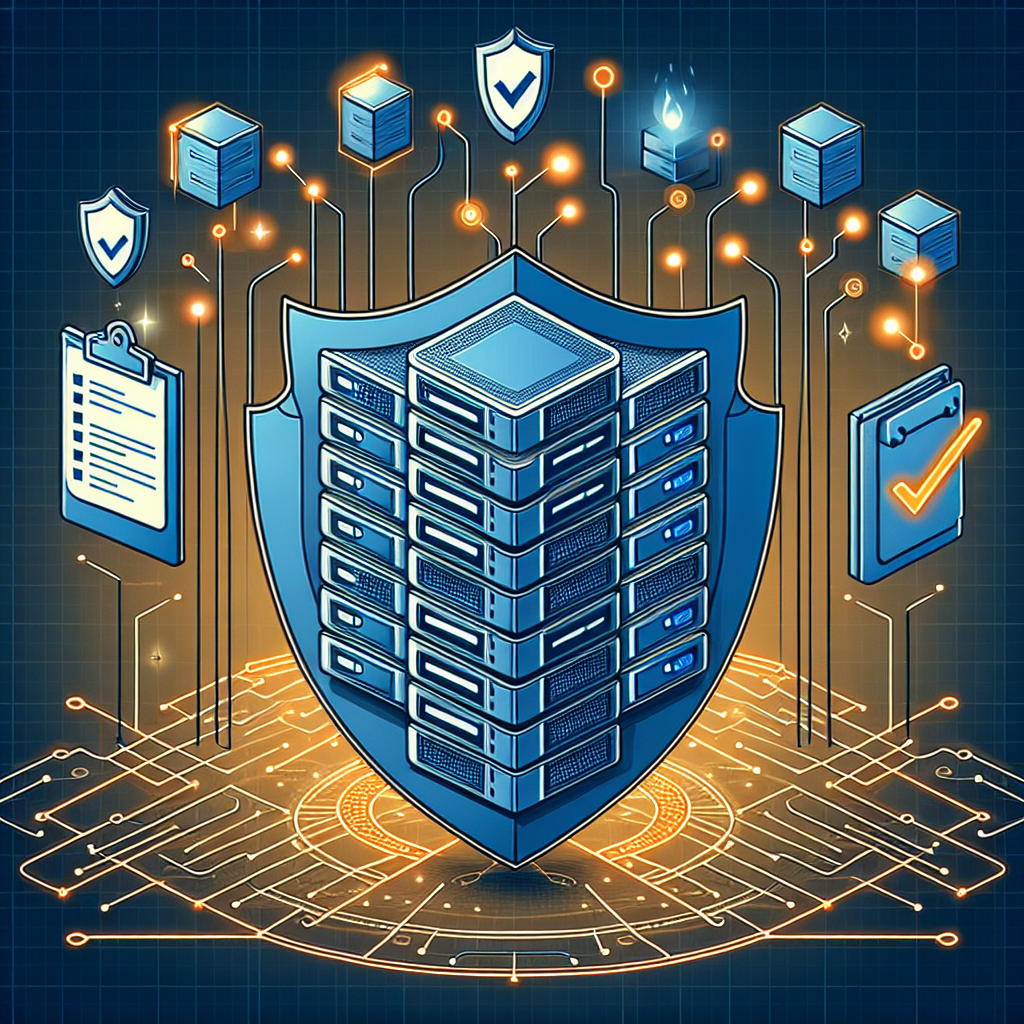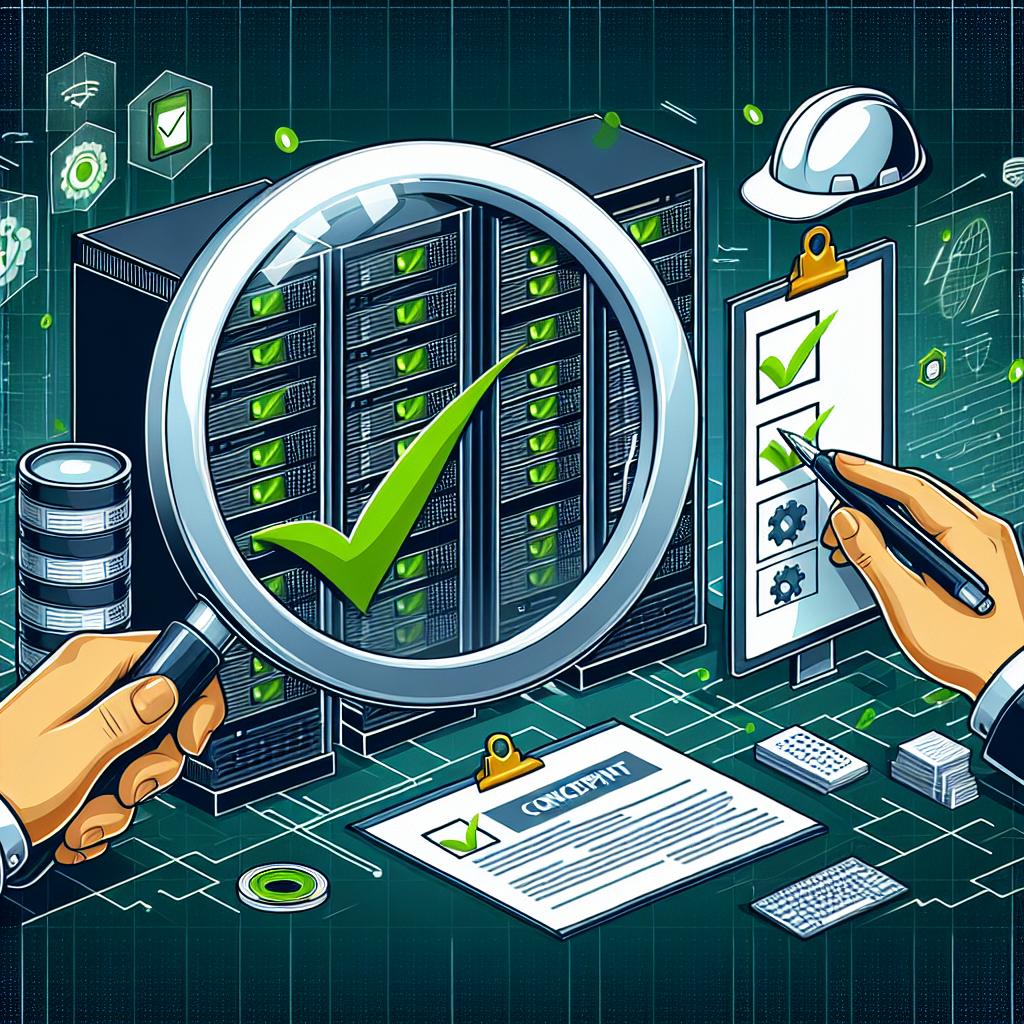Data centers play a crucial role in storing and managing vast amounts of data for businesses and organizations. With the increasing reliance on technology and data, it is essential to ensure that data centers are compliant with regulations and secure from potential threats. Regular servicing and audits are key components of maintaining data center compliance and security.
One of the main reasons for conducting regular servicing and audits is to ensure that data centers comply with industry regulations and standards. Data centers are subject to various regulations such as the General Data Protection Regulation (GDPR), the Health Insurance Portability and Accountability Act (HIPAA), and the Payment Card Industry Data Security Standard (PCI DSS). Failure to comply with these regulations can result in hefty fines and damage to a company’s reputation. Regular servicing and audits help to identify any non-compliance issues and address them promptly.
In addition to compliance, regular servicing and audits also help to enhance data center security. Data centers are prime targets for cyber attacks due to the valuable information they store. By conducting regular audits, organizations can identify vulnerabilities in their systems and take steps to strengthen their security measures. This could include implementing multi-layered security protocols, updating software and hardware, and improving access controls.
Furthermore, regular servicing and audits can help to identify potential issues before they escalate into major problems. By regularly monitoring and maintaining data center equipment, organizations can prevent downtime and data loss. This proactive approach can save businesses time and money in the long run by avoiding costly repairs and data recovery efforts.
When conducting audits, organizations should consider hiring a third-party auditor with expertise in data center compliance and security. These auditors can provide an unbiased assessment of the data center’s operations and recommend improvements to enhance compliance and security measures.
Overall, ensuring data center compliance and security through regular servicing and audits is essential for protecting sensitive information and maintaining the trust of customers and stakeholders. By investing in these measures, organizations can safeguard their data and mitigate the risks associated with cyber threats and regulatory non-compliance.










You must be logged in to post a comment.